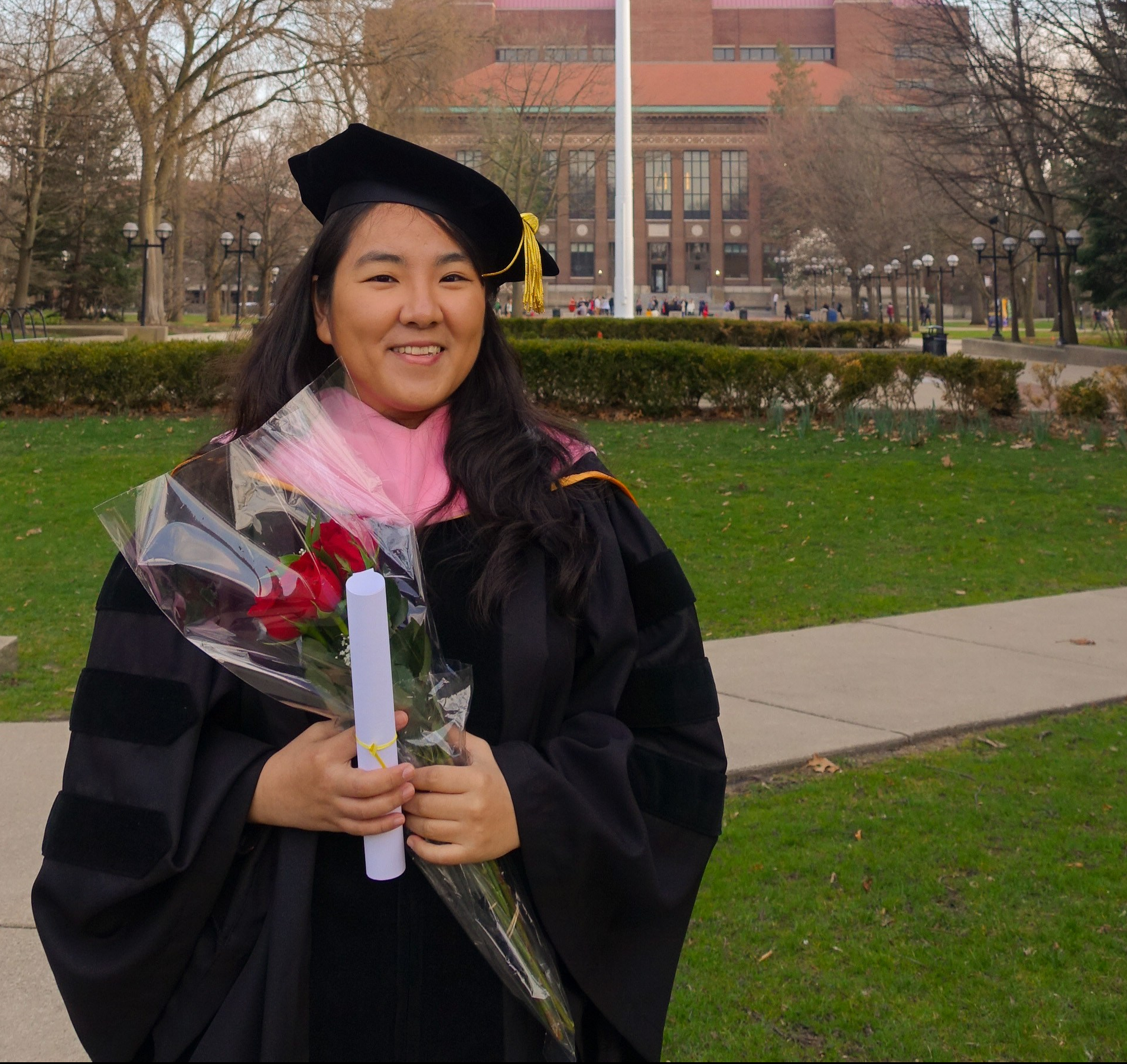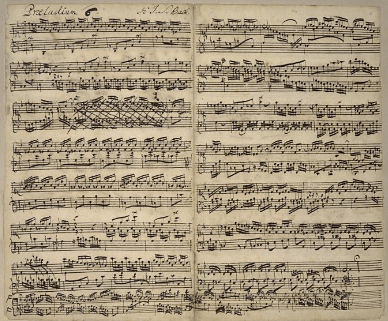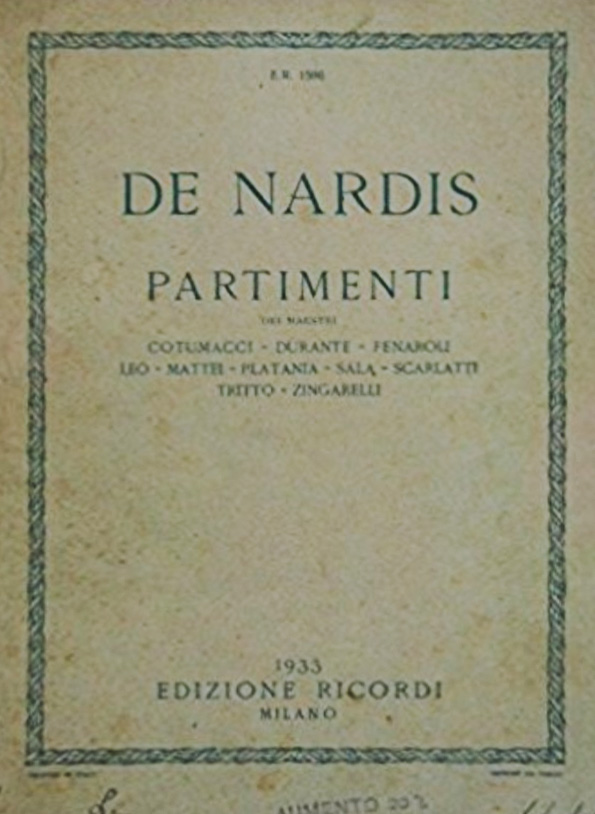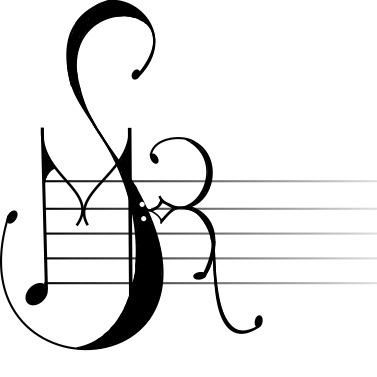
On May 11, Monica Ahn successfully defended her dissertation, entitled “From Partimento to Finished Work: Realizing, Revising, and Expanding Partimenti Using Techniques of the Bach Family” (see abstract below). Congratulations, Monica!
“From Partimento to Finished Work: Realizing, Revising, and Expanding Partimenti Using Techniques of the Bach Family”
The centrality of thoroughbass to eighteenth-century musical composition has long been recognized; but only in the past two decades has the related branch of partimento begun to receive full scholarly attention, despite its intense cultivation in eighteenth-century Neapolitan conservatories, its dissemination to other European musical centers, and its continuation as a living tradition to the present day. While scholars have demonstrated partimento’s importance as a training ground for professional musicians, the full extent of its potential for the training of composers remains largely undisclosed, in part because training in composition through partimenti was and remains an oral tradition passed from maestros to their pupils. This dissertation seeks to fill that gap by showing processes for converting the raw material of partimenti into finished musical compositions, in effect demonstrating some of the implicit knowledge that experienced partimento players would have brought to their advanced work.
 Two opening chapters illustrate simple and imitative partimenti and explain some of the musical lessons they embody. The dissertation then devotes two chapters to preludes and fugues from the second book of Johann Sebastian Bach’s Well-Tempered Clavier that exist in early and revised versions. The early versions of these works are always simpler than the later ones, and they are shown to reduce to fairly simple partimento-like progressions; specific techniques that Bach uses to change these relatively simple pieces to their finished, canonic forms involve a variety of compositional methods that are explored here, most of them involving techniques of expansion. A still greater variety of techniques, some quite simple, others involving revisions to the musical form, others producing wholesale changes of genre, appear in the revisions that Bach’s son Carl Philipp Emanuel undertook when revising an early keyboard suite and several early sonatas. First written in the 1730s and revised in the following decade, these movements also reduce to simpler progressions, but exhibit a fuller range of techniques for converting sparse works to finished forms. Three chapters are devoted to several of these movements by C.P.E. Bach.
Two opening chapters illustrate simple and imitative partimenti and explain some of the musical lessons they embody. The dissertation then devotes two chapters to preludes and fugues from the second book of Johann Sebastian Bach’s Well-Tempered Clavier that exist in early and revised versions. The early versions of these works are always simpler than the later ones, and they are shown to reduce to fairly simple partimento-like progressions; specific techniques that Bach uses to change these relatively simple pieces to their finished, canonic forms involve a variety of compositional methods that are explored here, most of them involving techniques of expansion. A still greater variety of techniques, some quite simple, others involving revisions to the musical form, others producing wholesale changes of genre, appear in the revisions that Bach’s son Carl Philipp Emanuel undertook when revising an early keyboard suite and several early sonatas. First written in the 1730s and revised in the following decade, these movements also reduce to simpler progressions, but exhibit a fuller range of techniques for converting sparse works to finished forms. Three chapters are devoted to several of these movements by C.P.E. Bach.
These techniques of elaboration and revision by two generations of the Bach family form a basis for demonstrations that occupy the dissertation’s final two chapters. In the first demonstration, a partimento by Fedele Fenaroli is treated to multiple elaborations, from a figurated upper voice to a more finished, intricate version, as specific points are identified as suitable for various kinds of expansion, as well as rhythmic and contrapuntal elaboration. The second demonstration realizes a four-part fugue from the Langloz manuscript in multiple ways, the first resembling what a keyboard player might first devise, later ones expanding the fugue with additional subject entries, episodes, stretti, and the like. These demonstrations aim to recreate possibilities that an advanced partimento player would recognize, realizing in a stylistically appropriate way some of the possibilities implicit in a partimento’s raw material.

At right: The title page of one of the two partimento anthologies published in the 20th century, which not only encompasses all the generations and schools, but also serves as a modern textbook of partimento training in Italy.
Above: The London Autograph of the Prelude in D minor (GB Lbl Add. MS. 35021, f4: BWV 875) from Book II of the Well-Tempered Clavier in the hand of Anna Magdalena Bach, later revised by J. S. Bach.
Recent Posts
SMR to Host Midwest Graduate Music Consortium 2025 Conference – January 13, 2025
SMR Welcome BBQ at County Farm Park – October 01, 2024
Julian Grey defends dissertation – June 05, 2024
Michaela Franzen defends dissertation – May 21, 2024
Kai West defends dissertation – May 16, 2024
Micah Mooney and Carlos Pérez Tabares present at Music Theory Midwest – May 12, 2024
SMR end-of-year round-up at County Farm Park – April 25, 2024
SMR hosts Research Showcase – September 29, 2023
 Society for Music Research
Society for Music Research